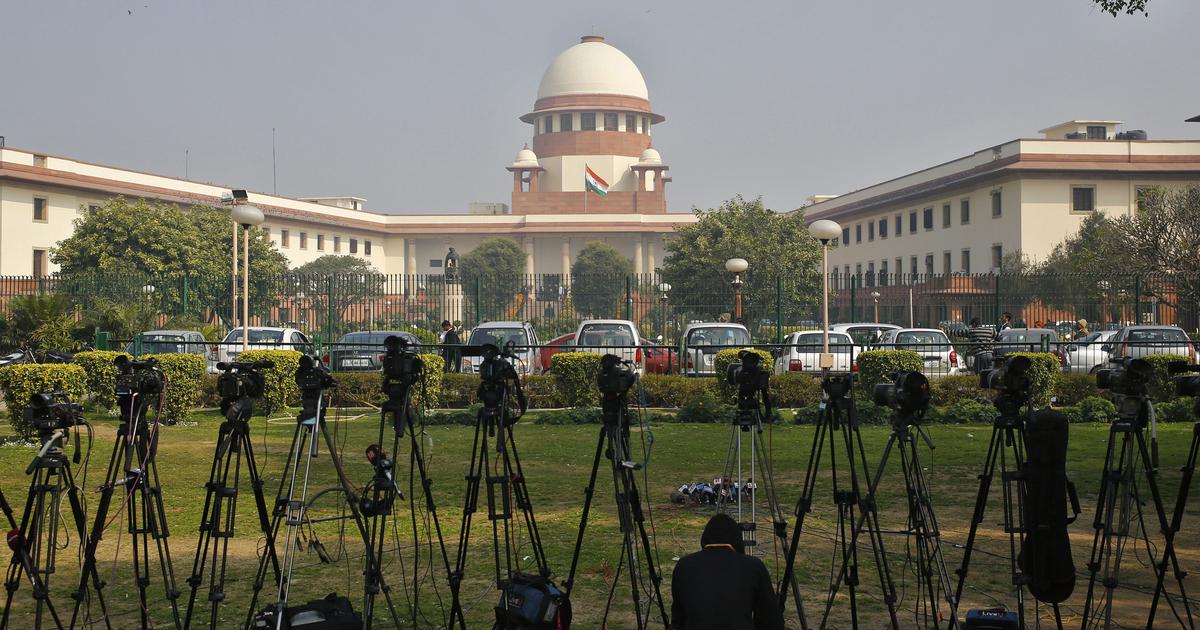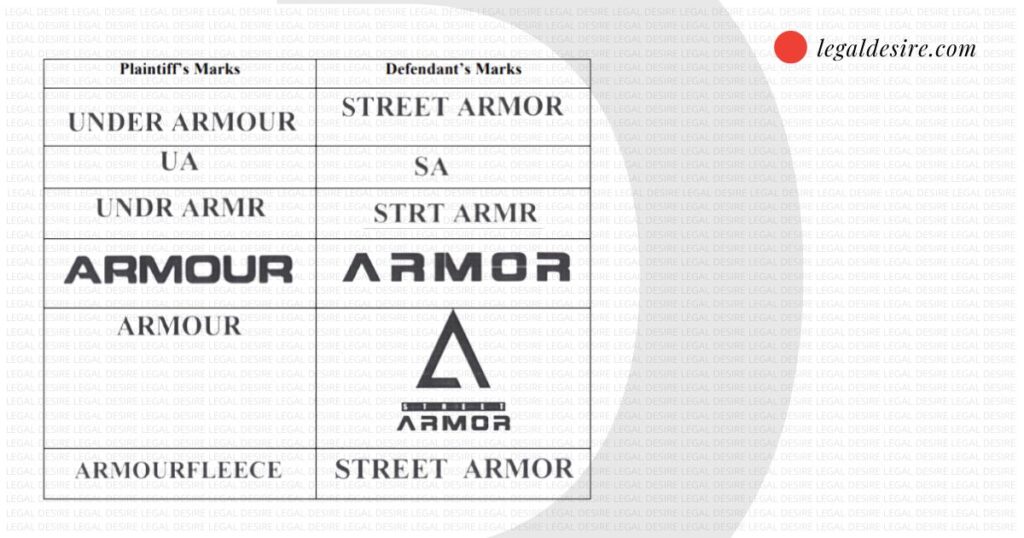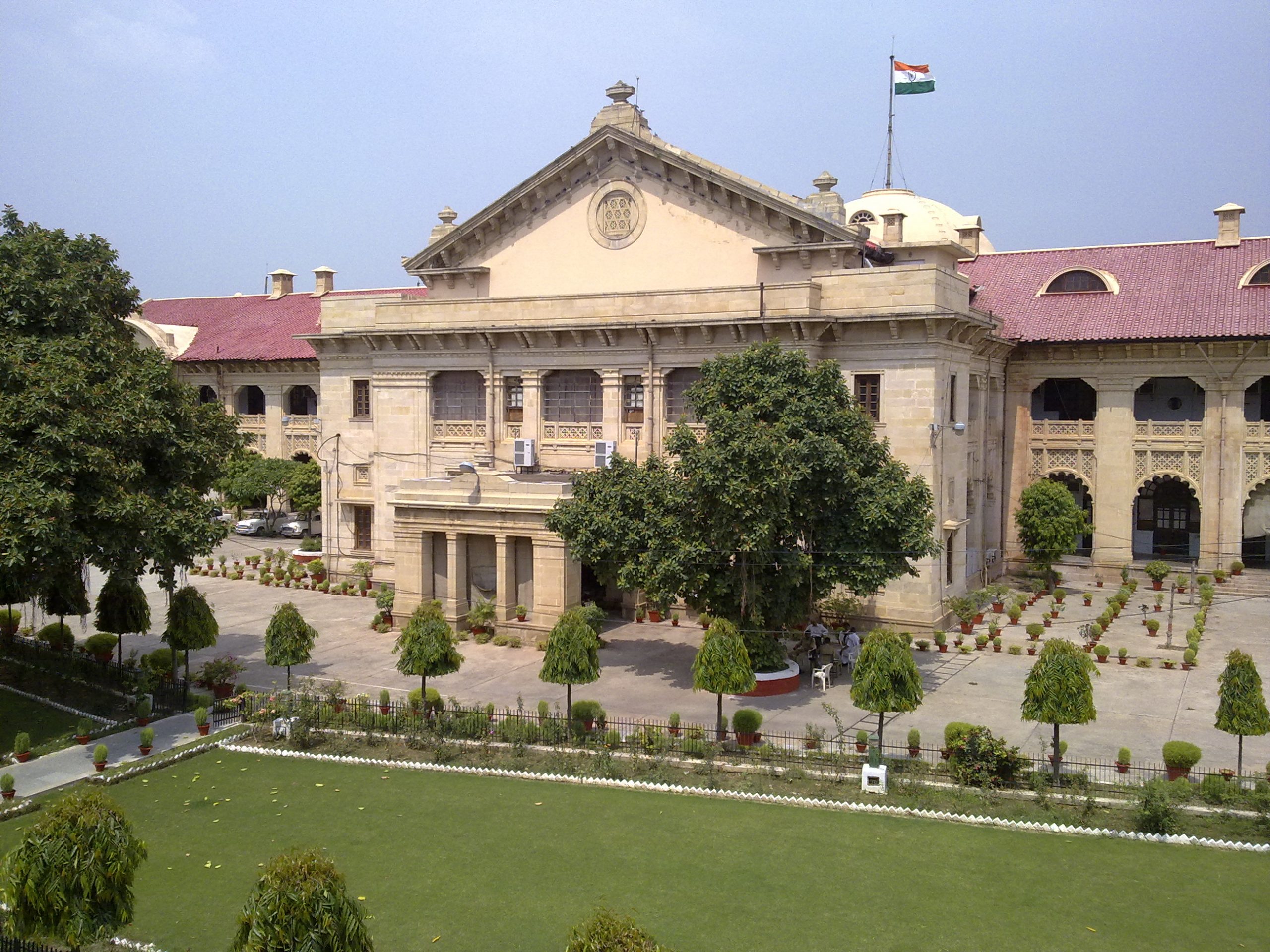Now Reading: SC: A culpable homicide cannot be claimed as murder if offender causes death of a person who had given the provocation, while being deprived of his self-control by grave & sudden provocation
-
01
SC: A culpable homicide cannot be claimed as murder if offender causes death of a person who had given the provocation, while being deprived of his self-control by grave & sudden provocation

SC: A culpable homicide cannot be claimed as murder if offender causes death of a person who had given the provocation, while being deprived of his self-control by grave & sudden provocation
The Apex Court on 11.02.2019, in THE STATE OF UTTAR PRADESH v FAQUIREY[1], had allowed the appeal that was against the judgment of the High Court wherein the conviction of the offence under Section 304 Part I, IPC had been converted to rigorous imprisonment of ten years.
FACTS:
An FIR had been lodged which mentioned about a Panchayat that was being held regarding a dispute between one Kanhai’s nephew and the Respondent. Meanwhile, when the deceased Rakesh, being the complainant’s son had arrived, the Respondent and his brother threatened and exhorted of killing him as the deceased had an eye upon the respondent’s wife. In the process of saving himself, the deceased ran for his life when the respondent fired a pistol at him resulting in grave injury and ultimately his death.
Subsequently, charge against the respondent and his brother under Section 302 IPC read with Sec 34 of IPC was framed .It had been opined by the Trial Court held that the reason for firing at the deceased was the doubt that the respondent had about the deceased having an evil eye upon his wife resulting in the conviction of the respondent under Section 302 IPC followed by a term of life imprisonment sentence and a fine of Rs.5,000/-.
Being aggrieved, an appeal was made before the High Court wherein it was concluded that Respondent had lost his self control in grave and sudden provocation due to the quarrel arising between the parties, thereby converting the Respondent’s conviction from Section 302 IPC to Section 304 Part I IPC, along with a rigorous imprisonment for a term of ten years. Eventually, an appeal was made in the Apex Court.
ISSUE: Whether the High Court committed an error when it converted the Respondent’s conviction from under Section 302 IPC to Section 304 Part I, of Indian Penal Code?
DECISION HELD BY THE SUPREME COURT OF INDIA:
The Apex Court while setting aside the High Court‘s judgment and allowing the appeal held that as per the Exception I that is mentioned in Section 300 IPC, culpable homicide cannot be claimed as murder if the death is caused by the offender due to the person who gave such provocation, while being deprived of his self-control by grave and sudden provocation. Further by restoring the Trial Court’s judgment, the Court also upheld that in the aforementioned case, the nature of such provocation was voluntary in nature from the offender’s part, thus disabling him from claiming that he was not liable to be convicted under Section 302 IPC.
[1] Full Judgment:
[embeddoc url=”https://www.sci.gov.in/supremecourt/2010/32125/32125_2010_Judgement_11-Feb-2019.pdf” download=”all”]









